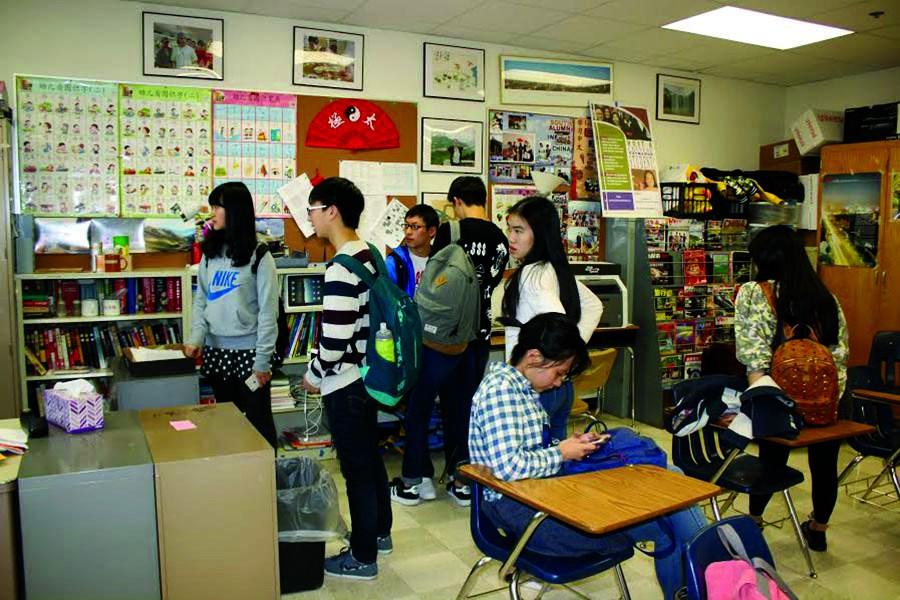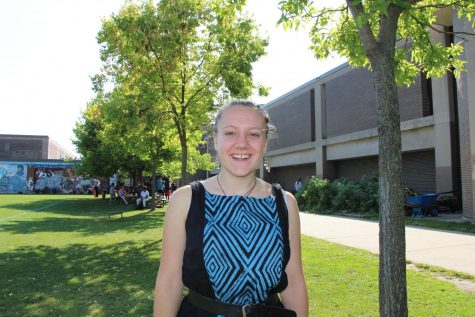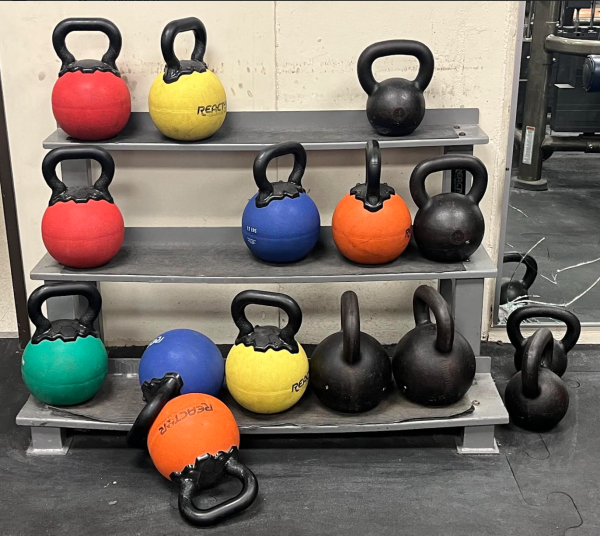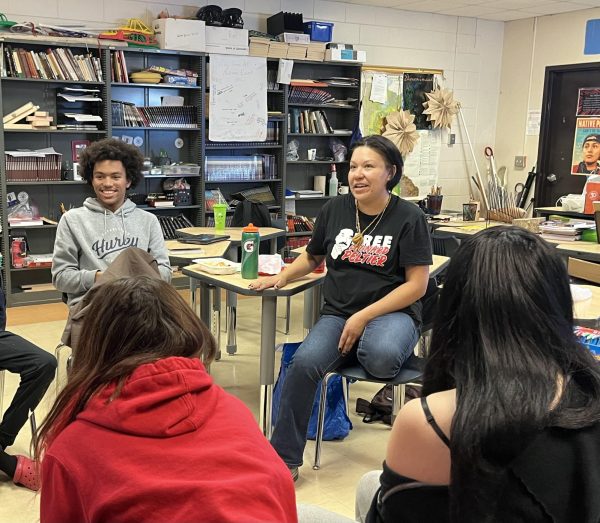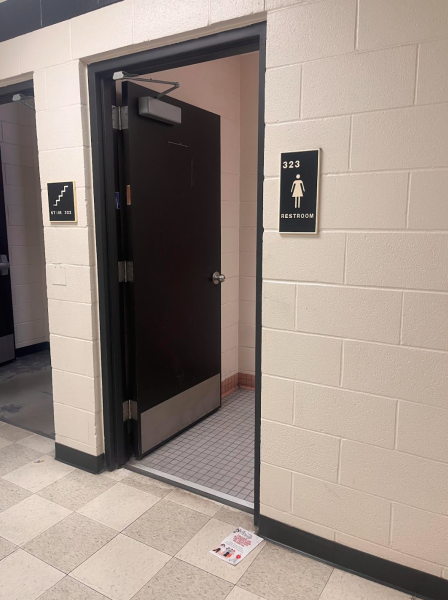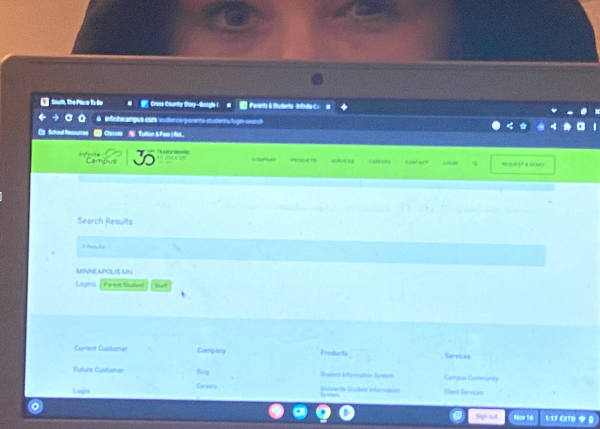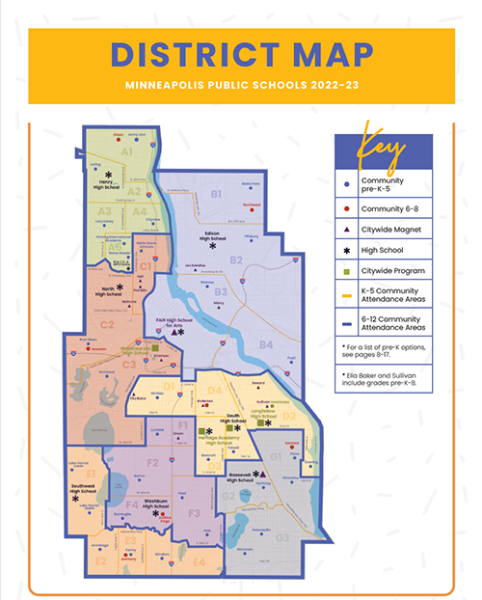Chinese exchange students seek American college degrees
The Chinese exchange students can often be found before or after school hanging out in Chinese teacher Dongman Yu’s room, talking, laughing and working on homework. Shown from left to right: Xiaojing Liu (Daisy), Tonghao Zhang (Sam), Guohao Yi (Brian), Yitao Wei (Steven),Yihan Liu (Candice), Yanran Zeng (Isabella), Jingyi Sun (Coco).
November 19, 2015
In the early hour before school if you walk up to room 321 on the third floor and peek inside you will likely see seven Chinese exchange students speaking in a mingling of Chinese and English. These are the new students who can now call South High their home. Coming mostly from the Sichuan province except for one from Shanghai, they are a variety of ages and English skills. However, they all come with one goal in mind: to get a good education and to go to college in the U.S.
Families from China choosing to send their children study in the U.S. have become increasingly common in recent years. According to Dingman Yu, the Chinese teacher here at South, “In the past twelve, fourteen years the number of Chinese students in our public schools has gone up for more than 100 times.” Often times the difference in teaching styles is what draws students here. “[The parents] are sick and tired of the way children are taught in china,” Yu explained, “The stress is on memorization rather than tapping a student’s creativity and imagination.”
Sophomore Yanran Zeng who goes by “Isabella” agrees and finds that teachers in America ask the students to try to find the answers by themselves first. “Not like the teacher in China, she’ll just give you this way you must do [the problem],” Zeng said.
Another difference is the way the teachers interact with the students. “Mr. Sepeda is like telling jokes before the class begin,” Zeng shared. Senior Yitao Wei who goes by “Steven” cites Mr.Krasean as a favorite teacher. “He’s funny, he’s a nice guy,” Wei explained, “and we kinda talk about ‘Walking Dead’” he finished half-laughing.
Yu has been a resource for the students, tutoring them in English in the morning and even hosting some of the students in his own home.
As the popularity to come to the U.S. has gone up in recent years, South has had to rely less on agencies to supply them with students. This year all students learned about South High through word of mouth. “Most cases parents just approach me through former students from South many years back, you know because they are from similar location.” said Yu. This explains the large number of students all coming from the Sichuan Province this year.
Unfortunately, public schools have a restriction that a student from China can only attend one year which leaves many Chinese families choosing private schools. Wei has attended private schools in Minnesota for the past 3 years and is finishing up his high school career at South. Though he enjoys both types of schools, diversity is something that drew him to public school. “That aspect I like public school better because we have more people,” he said.
The choice to go to private school can also leave a heavy financial burden on the family. Some families go to extreme measures to give their child a chance to go to school in the U.S. “I know for sure in the past there have been parents who have taken mortgages on their houses or having to sell their house,” remembered Yu. “Since the the Chinese network of families is much more extensive than here they would have to go around, “Hey, my son or my daughter is going to the U.S, how much can you contribute?”
Zeng enjoys the difference in non-academic classes like gym. She explains that in China many times the gym classes were unorganized and “the girls just sit and talk till the class over.” She says in gym class here, “we do the activities like football, like soccer, and like frisbee. It’s totally interesting.”
“The one thing [the exchange students] can’t get used to,” Yu says, “is the school lunch.” When asked what’s one thing she misses from home Junior Yihan Liu who goes by “Candice” says resoundly “Food!” Despite the disappointing school lunches, Wei has figured out his favorite American foods and he went with the classics, “Burgers or steaks.”
In the future, all students plan to go to college in the U.S. and Yu supports them in that. For the younger students Yu’s goal is for them to continue their education in Minnesota at a local private school. For the graduating students Yu would like them to carry on their schooling without having to go through a language bridging program. His last wish is for them to be close to home. “My goal is for…the three seniors; they all go to local colleges here.”

